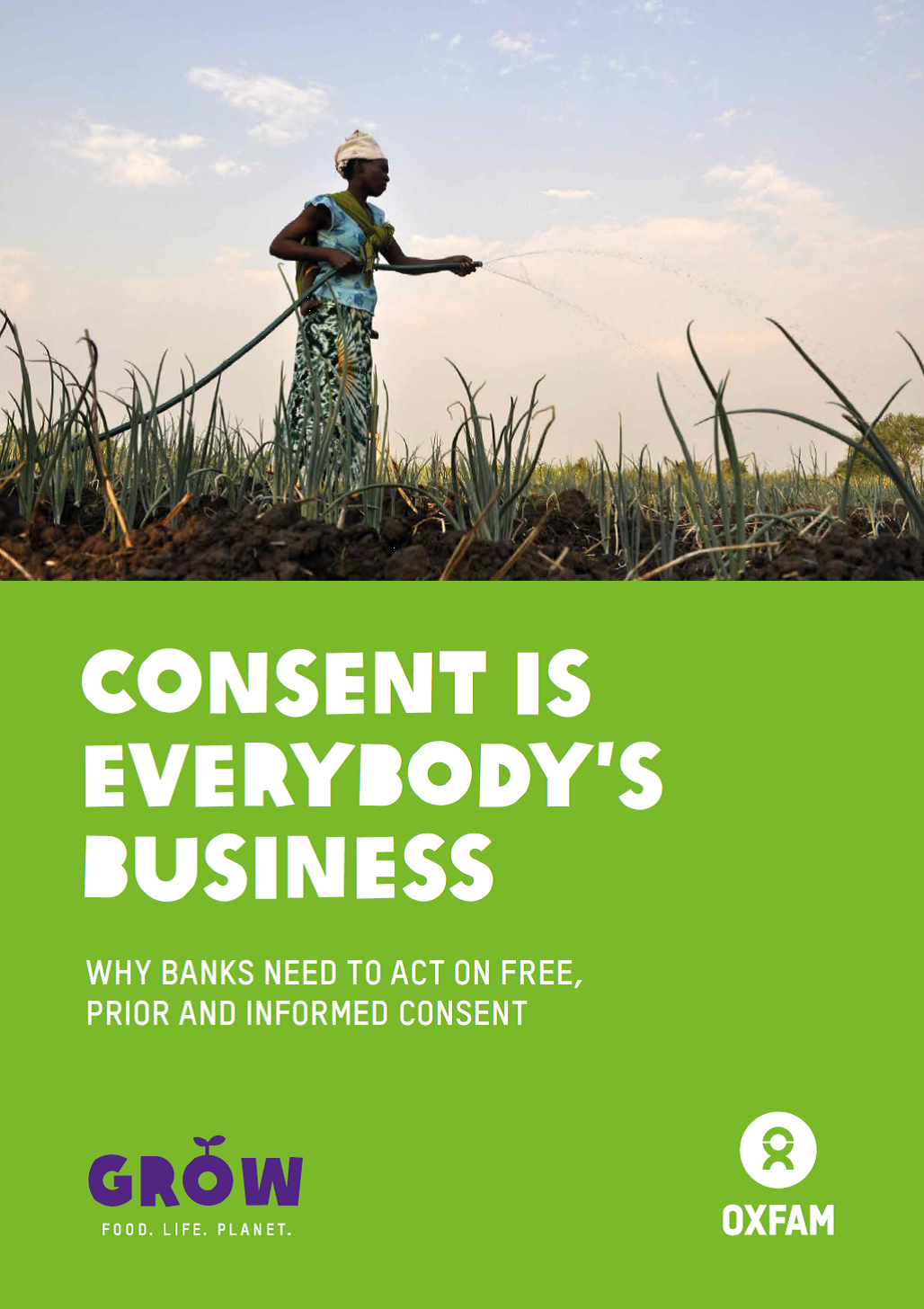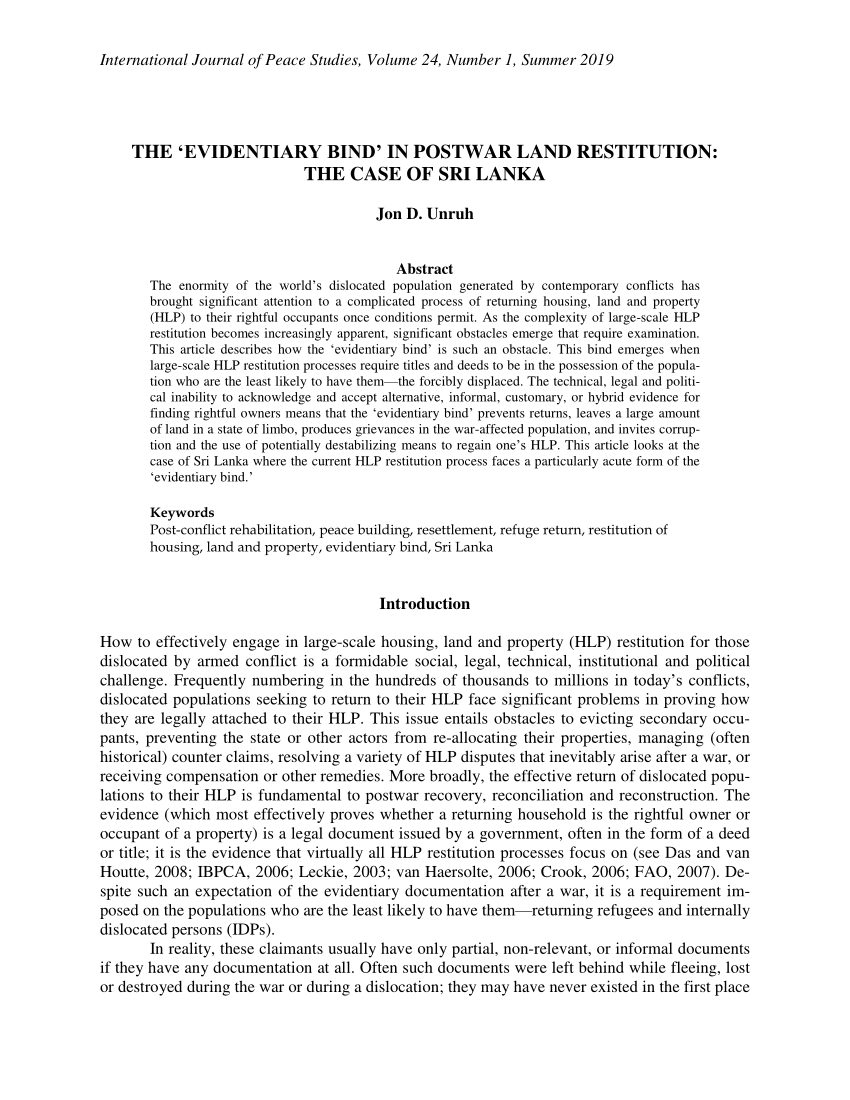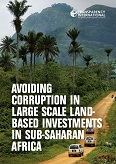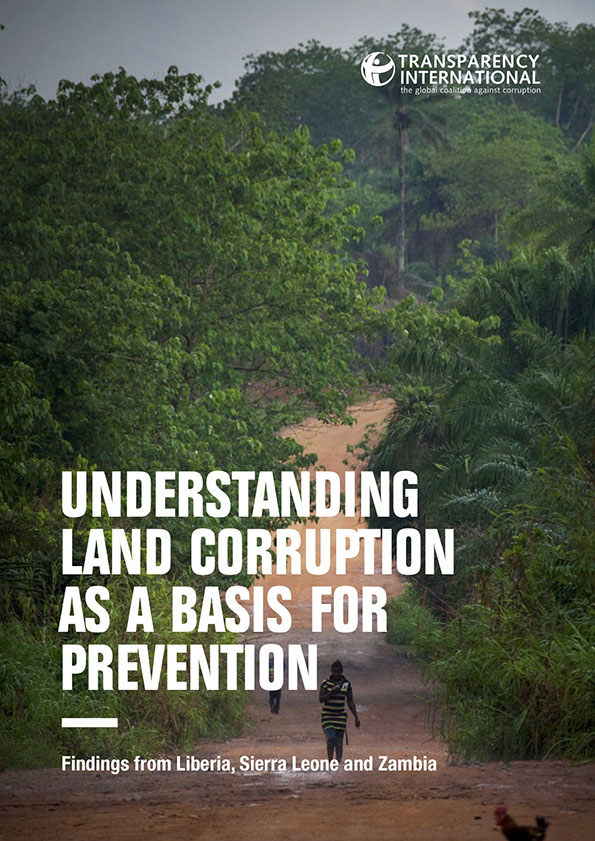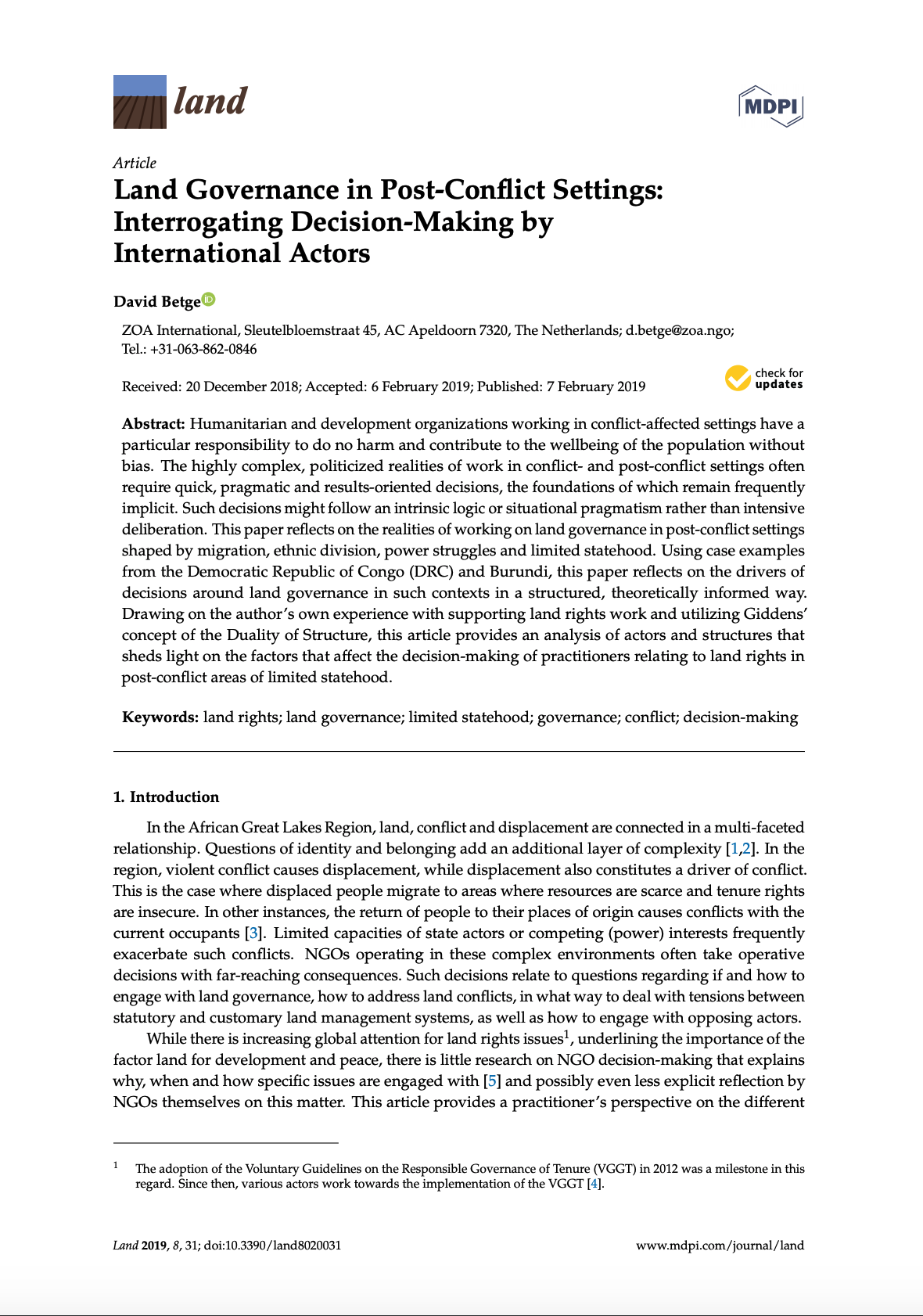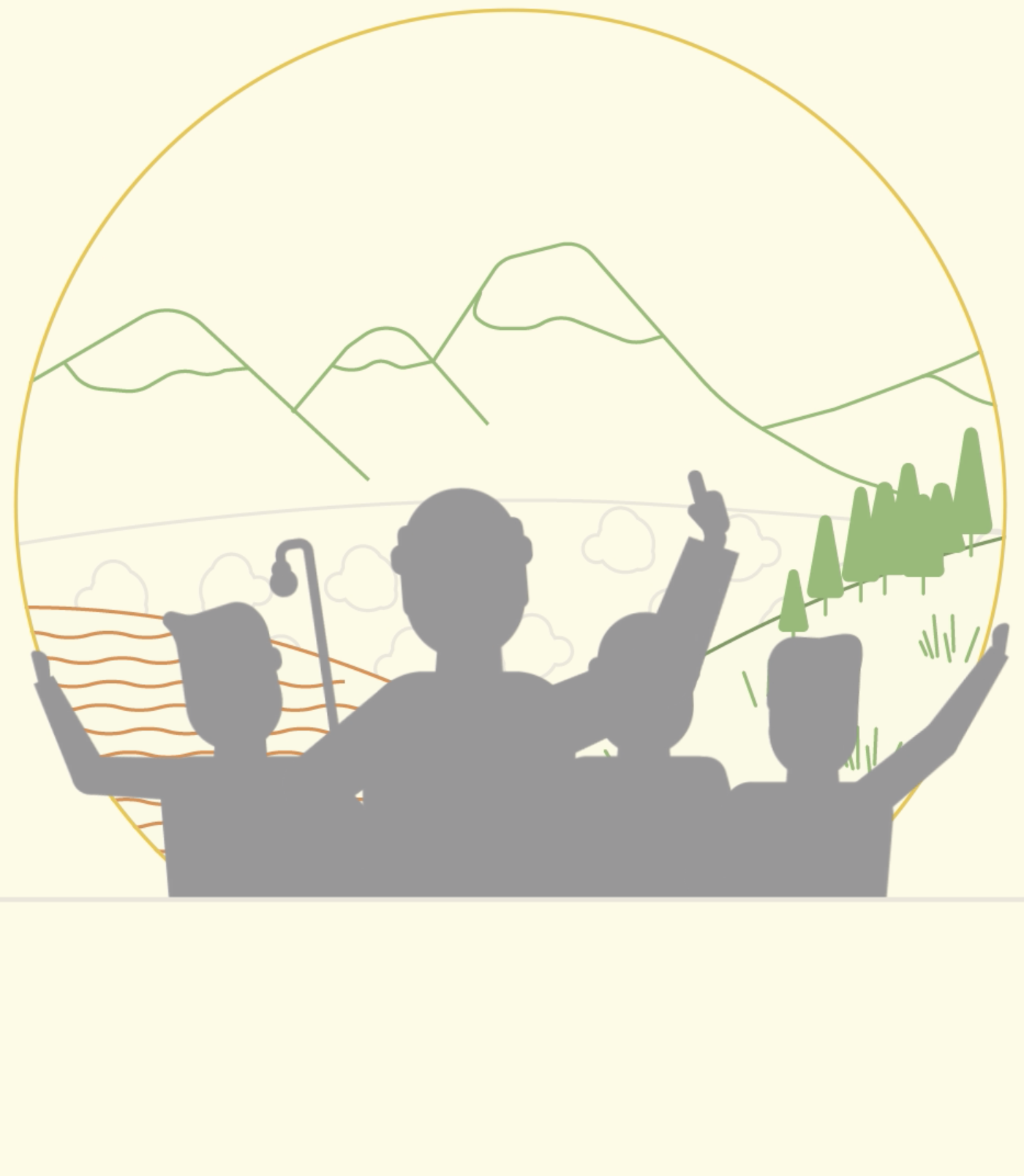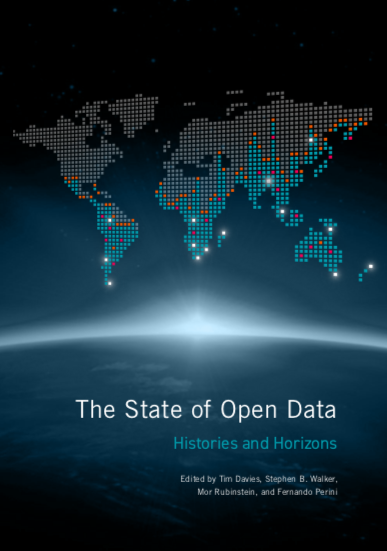Consent is Everybody's Business: Why banks need to act on free, prior and informed consent
A community’s choice to give, or withhold, their free, prior and informed consent (FPIC) to a project or activity planned to take place on their land is a recognized right of Indigenous peoples under international law. It is also a best practice principle that applies to all communities affected by projects or activities on the land, water and forests that they rely on.

